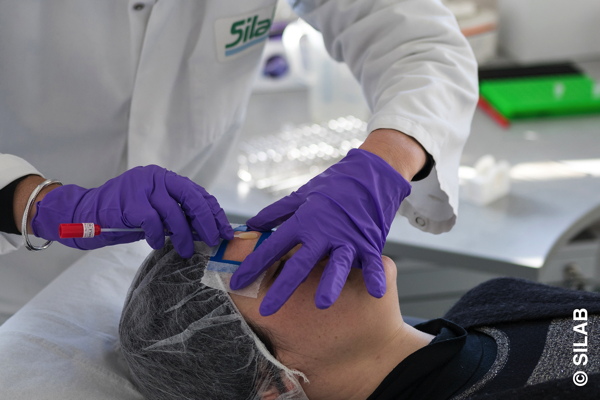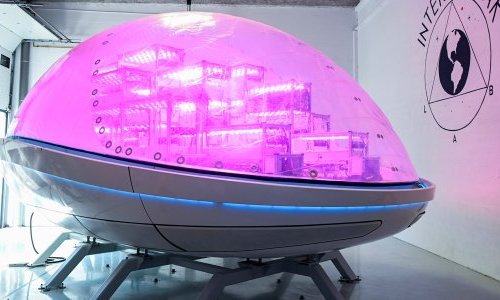
After having analysed the skin’s microbiota of a sample of Caucasian women [1], Silab’s researchers have demonstrated its transformation with age. The advanced research teams of [the molecular biology pole of Silab’s microbiota platform->http://www.premiumbeautynews.com/en/silab-unveils-recent-investments,13170] have collected skin‐swab samples directly on the forehead of two groups of Western European women with healthy skin: a group of younger women aged 21‐31 years and a group of older individuals aged 54‐69 years. The bacterial communities of the samples were then analysed, sequenced and compared.
Bioinformatics analysis of the data showed that the distribution of the microbiota changes in the course of aging. The searchers have shown the overall microbiota structure was different between the two age groups, as well as high interpersonal variation within older individuals. Furthermore, taxonomic composition analysis showed both an increase in Proteobacteria and a decrease in Actinobacteria on the older skin. At the genus level, older skin exhibited a significant increase in Corynebacterium and a decrease in Propionibacterium relative abundance. The results of this researche have just been published in the peer-reviewed Journal of Applied Microbiology [2].
“Previous studies on Asian women had shown a change in the cutaneous microbiota in the course of aging. Nevertheless, given that each population has a different microbial signature with its own lifestyle, it was of interest to the scientific community to decrypt the imbalances of the age-related cutaneous microbiota specifically in Caucasian women” stated Romain Jugé, Silab’s R&D Project Leader.
According to Silab these results could become the basis to develop new approaches aiming to rebalance the skin microbiota, which is modified during the aging process.
As a first step, the results of this in vivo modelling study led to the selection of panels of volunteers and the substantiation of Ecobiotys by metasequencing. Ecobiotys is a cosmetic active ingredient developed from the yeast Metschnikowia reukaufii, isolated from the nectar of the porcelain flower Hoya carnosa. Ecobiotys is precisely intended to rebalance the distribution of bacterial communities of mature skin by strengthening the skin’s immune and mechanical barriers.




























